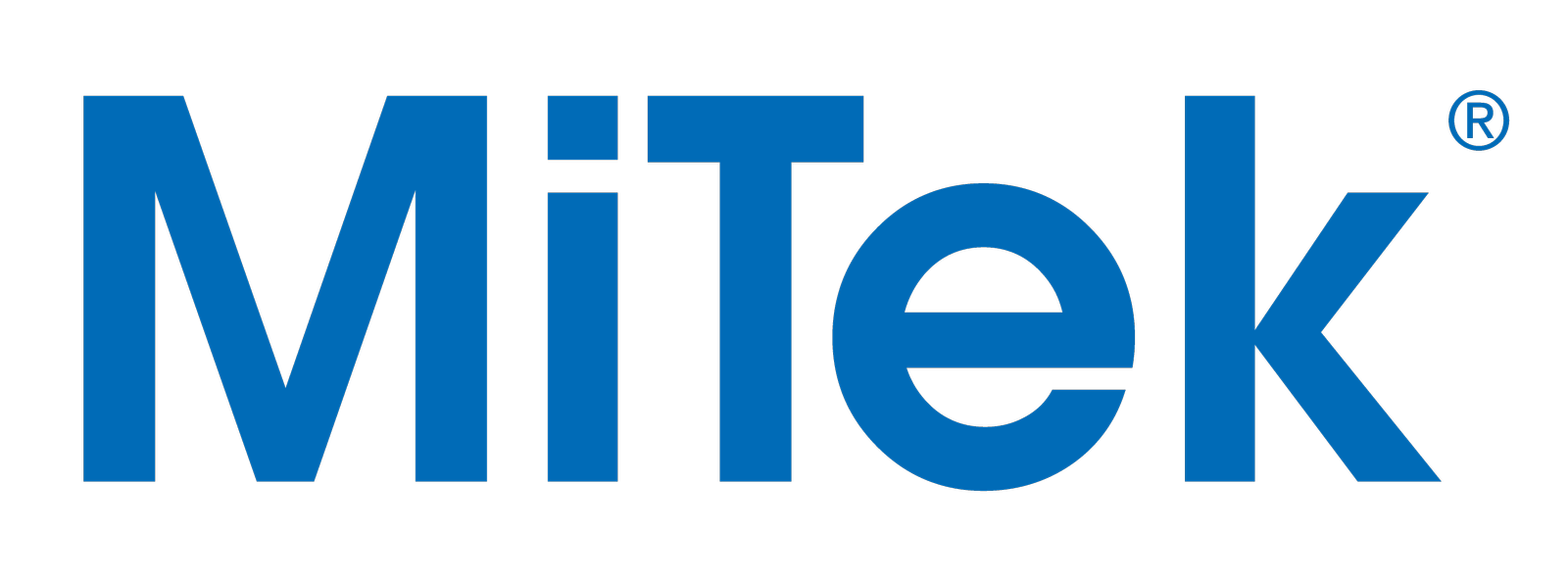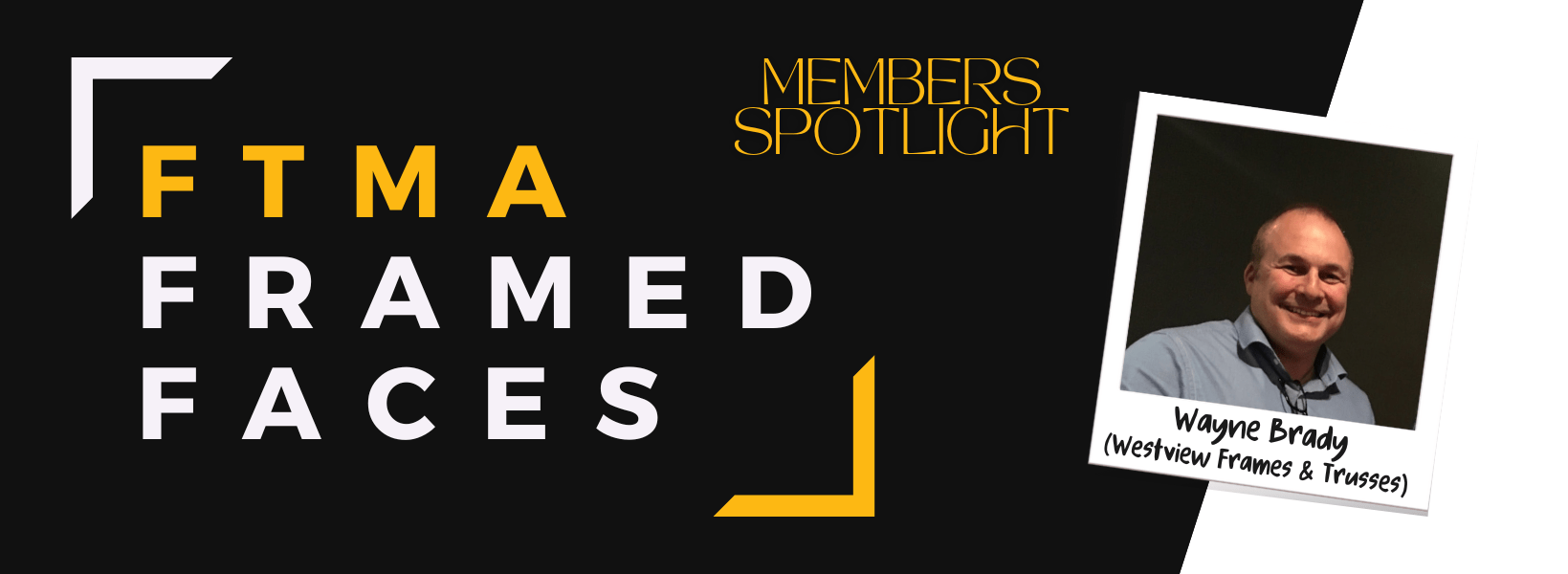
From TABMA Trainee To Business Owner Success
This article was written by FTMA’s Kat Welsh
Back in the 80’s in a little timber shack in the industrial hub of Sydney’s Homebush Bay, Wayne Brady started on a journey.
As a young man, he was summing up between mechanics, or carpentry. His step-father, helped get him into a traineeship, that has since led to the career he has carved out in timber framing. He is now business owner of Westview Frames & Trusses, in St. Mary, NSW.
Like a lot of people in the industry, Wayne grew up with a fair amount of exposure to the manufacturing process, with his step-father working in and setting up frame and truss plants. Wayne’s mum worked at Belmont Timber when he was growing up, and during school holidays he would often be hanging out with her at work. “When I was 10 years old, I was in frame and truss plants. We’d go around with the guys,” Wayne said, also describing some pretty entertaining things that he would get up to with the machinery – maybe best not to mention! The good old days!
But the journey really began taking shape for Wayne when he undertook training with the Timber and Building Materials Association (TABMA), now merged as the National Timber and Hardware Association. Wayne officiated his steps into the timber industry, with a one-year course, learning to grade timber, estimate, and completing a traineeship.
“TABMA was good for that. It gave me a good basis to get into the office, and learn how to do take offs and basically work with customers. It was a good course at the time, I enjoyed it.” While the course was the beginning for Wayne, he reflected that there are only 2 or 3 people left from that original group, still working within the industry today. “It started with 2 classes, and then by the end of the year it was just 1 class… it was possibly a 50% dropout rate.” A common issue for frame and truss, and Wayne echoed this, is the amount of skilled long-term workers who are nearing retirement, and there not being a new generation coming in to replace them. As Wayne talked about the dropouts on his own course, it confirmed that the lack of skilled worker shortage has been a while in the making. It’s roots go back further than what we’re experiencing now.
Wayne talked about his own experiences of being a trainee, the trainees that he currently has at WestView, and the rates of pay within the industry. He reflected that this is something that needs to be worked on if we are to encourage people into the timber sector. For them to sustain themselves financially whilst trying to complete training, is extremely hard, unless they don’t have to pay rent, and bills, etc. Also, the issues with it not being recognised as a trade skill came up. This is important for experienced workers to build up registered skills and pathways to establish a career in the sector – essential in a society that has become qualification driven. Wayne said we need “…to try and get it to become a semi-trade skill, because there’s no title to them working here, no background in what they do, and they are making structural components which I think should be put out into the field that they do have a skill. And other people are recognised, and trades get paid more.” It’s a hard problem to fix, especially when the extra pay for trainees isn’t something a lot of fabricators could stretch to.
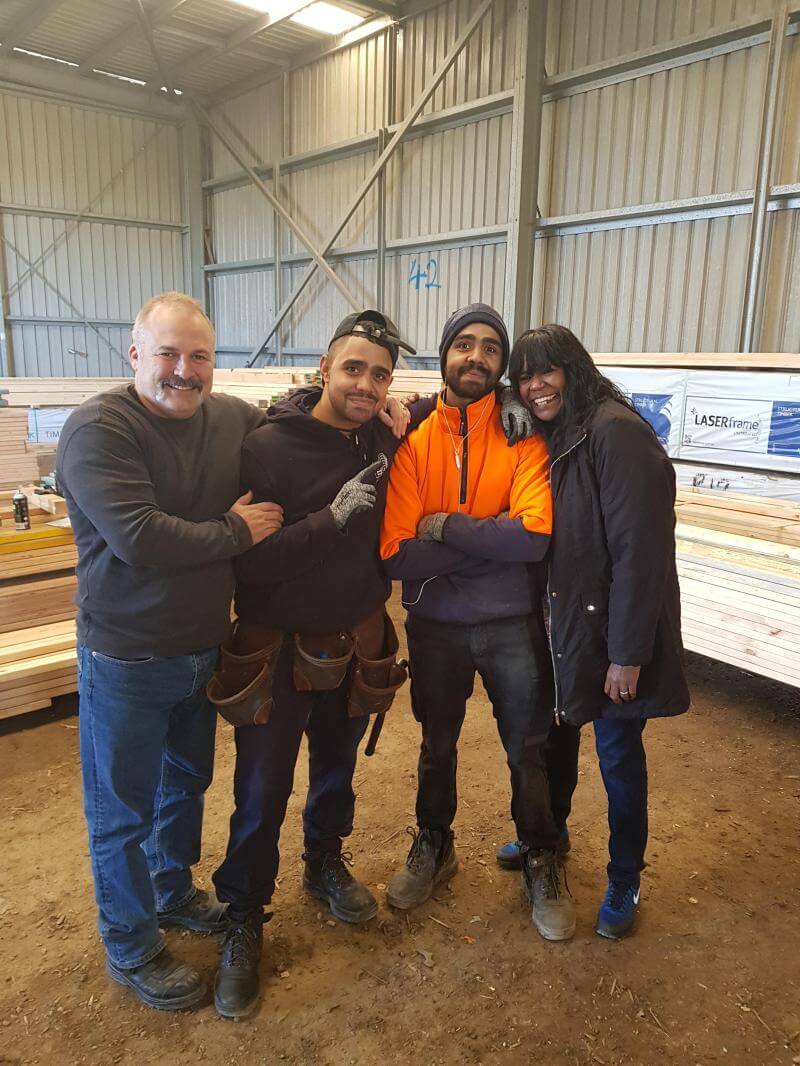
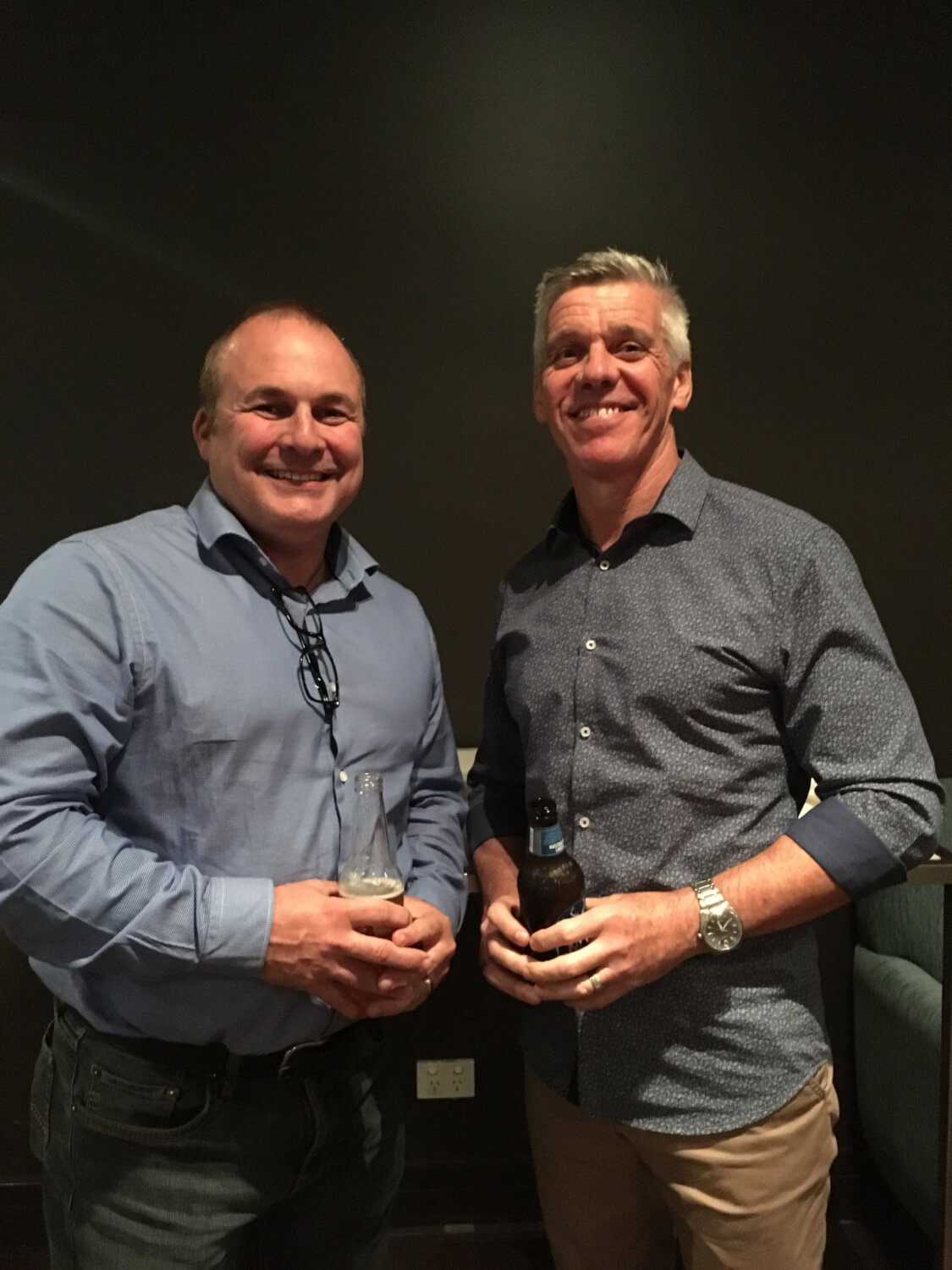
We seem to be in an evolution where having qualifications, titles, and accredited training in order to set oneself up and progress in an occupation, is the way of the world – timber frame and truss needs more, given that many of these trainees and workers are contributing to constructing engineered houses, like carpenters, like builders. And as we are aware, with more accuracy and quality than stick built structures.
For Wayne, after training at TABMA he then went further in the industry working for places like, Valley Timbers Kingswood, and New Line Frames and Trusses Mulgrave which was one of the biggest plants at the time. He went to Westview in 1994, and eventually took the business over in 2011. Westview has steadily grown over the years, expanding, moving premises, upgrading machinery, and is now on the site of Executive Frames and Trusses, which Wayne bought in 2014. The business currently has 32 staff. “We’re kind of at capacity here nearly. All the space, we need. But we’re trying to find new ways of automating, doing new processes, to stay on the same site,” Wayne said. Wayne talked about the last 6 months being tough, including the increase of interest rates and the troubles with trying to get work contracts. “I try to hold our own type of style of work here, so we try to do a higher quality product here than other places. We’re upgrading our product,” Wayne said, about making sure the name Westview would be associated with first-rate craftmanship.
During the timber shortage over the last couple of years which created a crisis point for many businesses, Westview was pretty lucky. “We were fortunate ourselves,” Wayne said, “because I’ve been buying from the same suppliers for over 20 years. I’m pretty loyal, I stick to the same suppliers, we were fortunate to have plenty of stock during that time. Obviously, a lot of local producers have closed which is another pressure on the market. I try to buy a lot of Australian products to support here, so we can benefit later.” This is definitely a bigger picture concern given that if more was invested into sustainable forest plantations here in Australia – for future harvesting – it would also meet Australia’s target to use more wood within the construction industry, and the fact that sustainable forestry is the best shot we have at reversing climate change. Something Wayne is dedicated about. “I have made a couple of steel framed jobs, but I just can’t do it. I look to what’s happening in the Great Barrier Reef, I think we’ve lost 50% percent of it in 27 years. That’s not good. What’s going to happen in another 27 years. We can fix it, but we’ve got to start now.”
Trying to balance the global crisis, and the smaller scale highs and lows of business, Wayne has some great ethics behind what he is promoting. Although one of the down sides, he reflected, was how much time he has spent doing quotes. “Doing multiple multiple quotes, I worked out a few years ago, that over 30 years, I started in ’88, I’ve thrown 11 years of my life in bin quoting,” Wayne joked “I could’ve been planting trees, some hibiscus for the black cockatoos!”
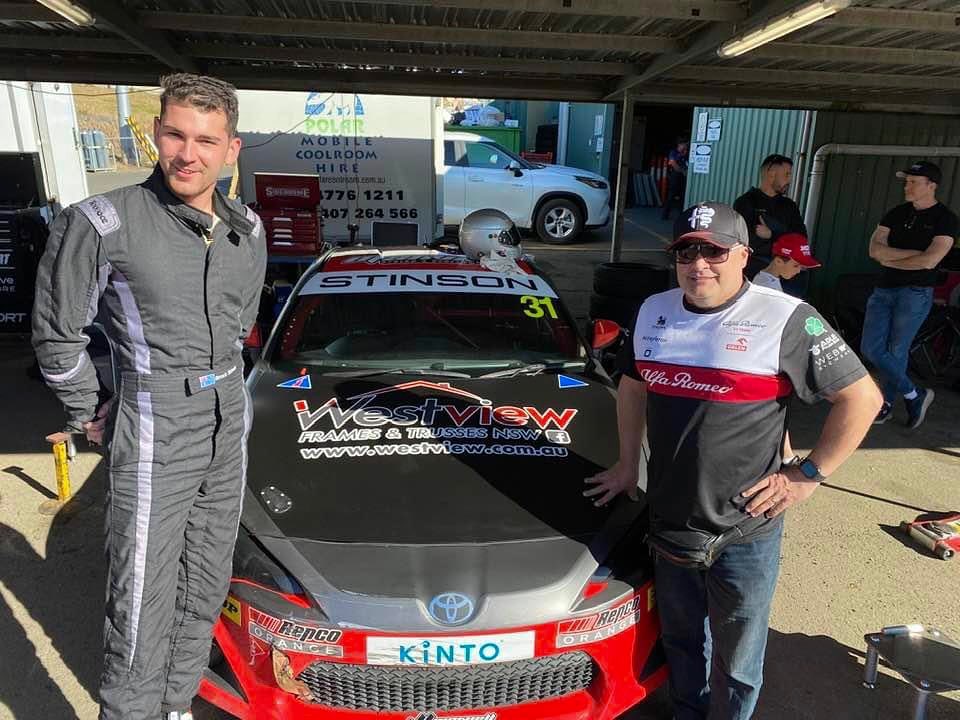
Something else that Wayne’s passionate about, is supporting community groups and particularly sporting. Wayne sponsors a Toyota 86, Brock Stinson in the Toyota series, and a go-kart up in Queensland. Wayne’s whole family are really into, including his 14-year-old son who go-karts.
Wayne has also coached and sponsored AFL for the Emu Plains Junior Lions, and seen them win a number of grand finals. And he regularly supports charities and sponsors events, such as Gotcha4Life. It’s a great example to set as a business owner to support the community that supports you. It creates a sense of loyalty and togetherness, as well as promoting and financing important causes.
Wayne’s also engaging workers from the local correctional facility on day release, as a way to support them as they approach parole. It gives people the opportunity to get back into the working environment, earn some money, and feel valued while building skills.
In terms of the future of business, Wayne is focused on little improvements here and there. Last year there was a new frame line, saw, truck, and office renovations. It’s a constant process to assess efficiency rates and work out how to constantly improve or upgrade the set-up. To keep the business tracking for success, Wayne said, “I’ve always got something in the back of my head, what I’ve got to do next, always looking for the weakest link in the chain, and try to add changes to it. You do still keep growing if you’re doing a good job… I’m always looking to do improvements, if you don’t you kind of fall behind.” It seems like a constant puzzle to be solving, with becoming more automated and improving machinery, to then move around the workers that you have, also as a way to counteract worker shortages.
Wayne’s personality and attitude to what he is doing is wonderful. It’s pretty clear from meeting with Wayne, that he loves his business, his industry, his family, and his staff. His focus is to make that work life balance, as enjoyable as possible. “We all get on, we all laugh. I try to make it fun here to work. I just want them to enjoy their day, for when they go home.”
It’s heart-warming to see the authenticity and care that Wayne embodies. Thanks so much Wayne for your time, and commitment to the industry, and agreeing to the interview!
Our Principal Partners
